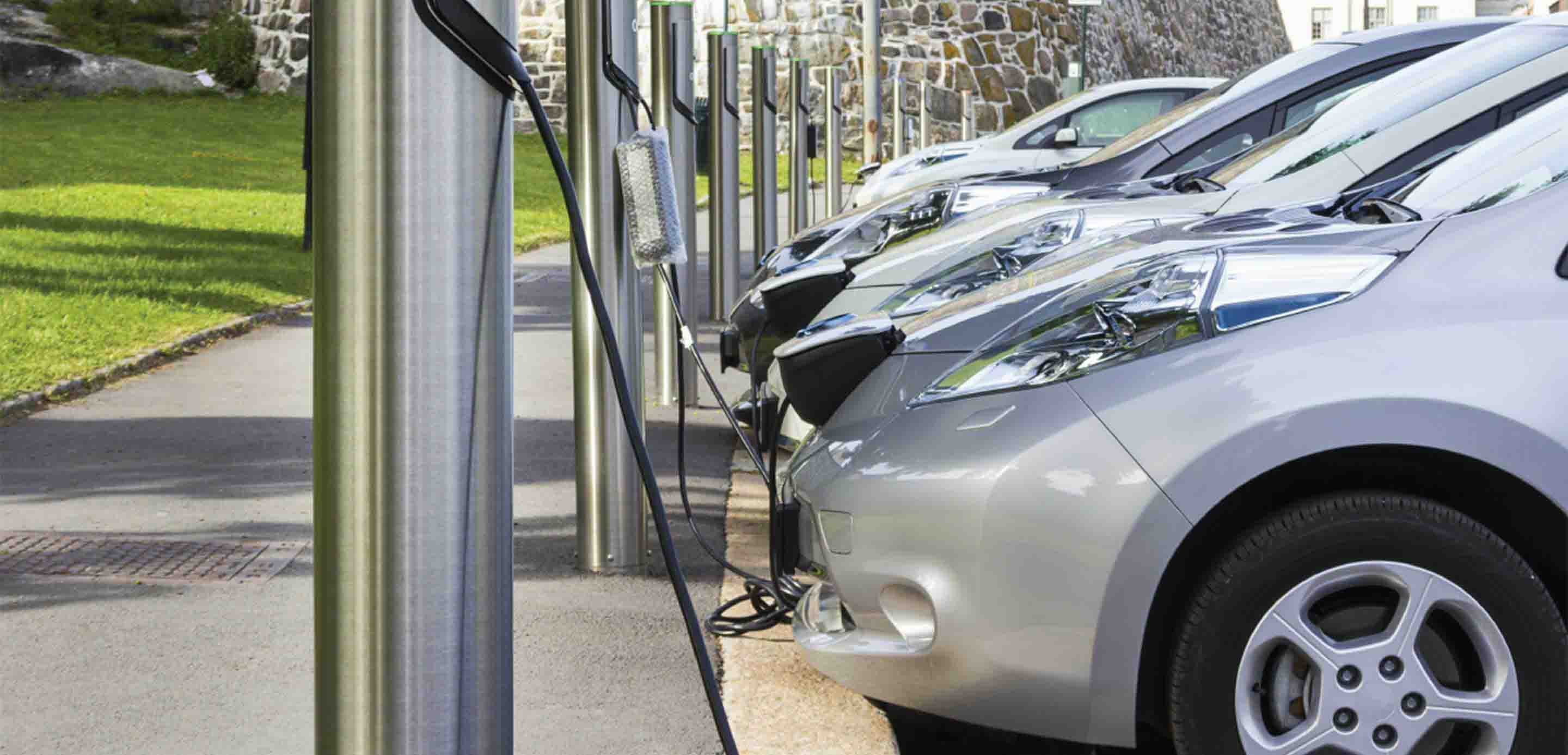- Article

- Growing my Business
- Seeking New Opportunities
Smart mobility transforms cities in the Middle East
GCC countries are adopting smart technologies to create sustainable cities. How can businesses be part of the massive opportunities this transformation brings?


